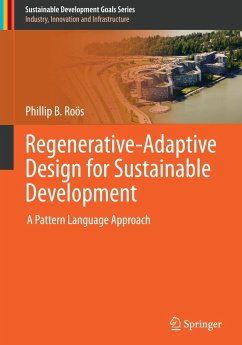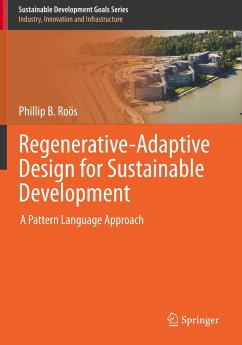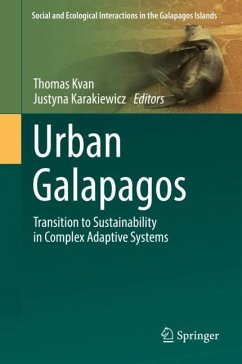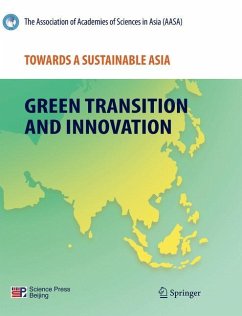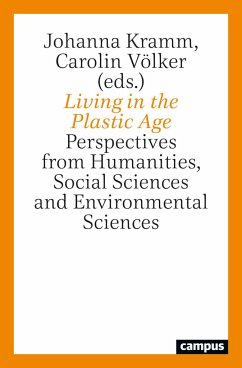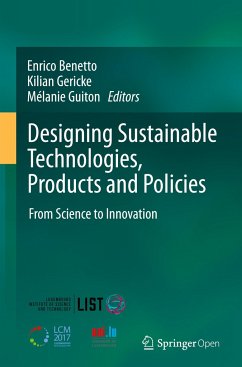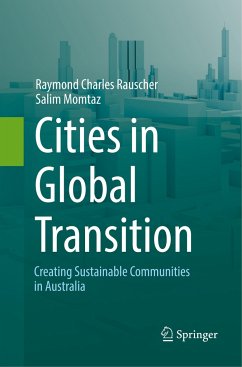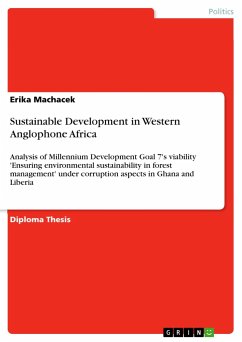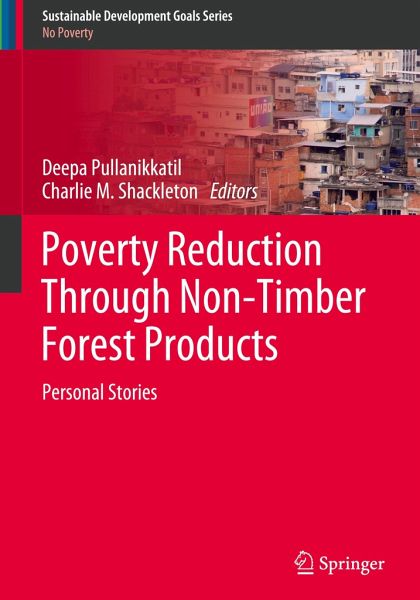
Poverty Reduction Through Non-Timber Forest Products
Personal Stories
Herausgegeben: Pullanikkatil, Deepa; Shackleton, Charlie M.

PAYBACK Punkte
38 °P sammeln!
This book narrates personal stories of people from around the world who have used natural products, in particular Non Timber Forest Products (NTFPs) as a means to come out of poverty. Ending poverty remains a major worldwide challenge and is the number one goal under the UN Sustainable Development Goals. The book fills an important knowledge gap; that of personal stories of NTFP users. This has not been part of past publications on NTFPs which tend to focus on statistics and analysis of numbers, thus, the human faces of NTFP users are missing. Narrative stories provide a wealth of data about p...
This book narrates personal stories of people from around the world who have used natural products, in particular Non Timber Forest Products (NTFPs) as a means to come out of poverty. Ending poverty remains a major worldwide challenge and is the number one goal under the UN Sustainable Development Goals. The book fills an important knowledge gap; that of personal stories of NTFP users. This has not been part of past publications on NTFPs which tend to focus on statistics and analysis of numbers, thus, the human faces of NTFP users are missing. Narrative stories provide a wealth of data about people and their experiences rather than aggregated classifications, categories and characteristics of poverty. The objective of this book is to illustrate the poverty alleviation potential of NTFPs through documenting the personal life stories of individuals and households that lifted themselves out of poverty through trade of NTFPs. This book is for all who are interested in poverty alleviation and NTFPs.



